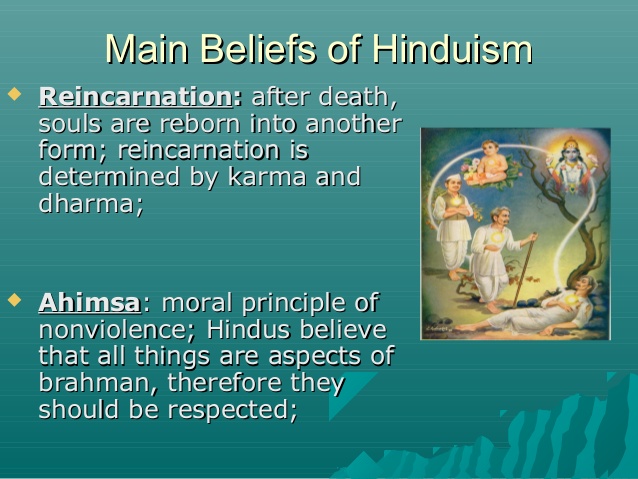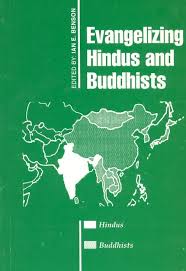BUDDHISTS
In the world today there are about 350,000,000 Buddhists, mainly in the countries of China, Japan, Korea, Vietnam, Bhutan, Myanmar, Cambodia, Laos, Sri Lanka, Thailand, Tibet, and Mongolia.
There are many kinds of Buddhists with widely differing beliefs. They all, however, trace their roots back to the founder of Buddhists, Siddharta Gautama. Born about 560 B. C. in Nepal, to the north of India, he left his wife and child to roam seeking “enlightenment”. After finding that fasting and harsh treatment of the body through no help, he meditated one night. During that night he believed that he had achieved enlightenment through meditation. He became known as the “enlightenment one” (which is the meaning of “Buddha”), and began to teach.
Siddharta believed that people – and all living things – are reborn thousands of times. As he looked at life, he considered that is was all full of suffering: animals, insects and human beings all suffer. One way of escaping from this cycle of birth, suffering and death, was to accumulate religious merit over thousands of lifetimes. As this was almost impossible because of people’s desire for existence, he sought another way of escape. This was through meditation: to seek the realisation that the world and one’s personal existence were just illusions. When one reached this realisation or “enlightenment” through meditation, one entered “nirvana” – one stopped “existing” as part of this world of suffering. Full liberation of the enlightenment person came at the time of death when one entered nirvana completely and ceased to exist in this world. This was called “paranirvana”.
Siddharta rejected all superstition and idolatry. He stressed the moral side of religion. Classical Buddhism is a way of intellectual and spiritual “illumination”, not a way of forgiveness and salvation.
Buddhists maintain certain aspects of Hinduism:

• Karma: one’s actions in supposed previous lives influence one for good or evil now. The balance of merit (good deeds) or demerit (bad deeds) determine how a person will be reborn. A good person may be reborn as rich person or even a god, but a bad person may be reborn as a beggar or a hell-being.
• Tolerance of other religions (but not as much as Hinduism).
• The idea that what is spiritual is what is real, and material things are like a dream (unreal and inferior).
• Sin is slavery to the body, material things and worldly desires (not an offensive disobedience against a holy and personal God).
• The need of good works to win merits to free oneself from the slavery of the body and the interminable process of rebirth.
• A profound respect for life (including not killing people or animals).
• Meditation as a method of gaining freedom from the flesh and this material world.
• A profound respect for older people and one’s ancestors (they even pray to them).
However, Siddharta denied that man had a personal immortal soul. What was reborn was not the soul (as in Hinduism) but one’s “skandas” or “life force”. Personality was only an illusion. The only way to escape the cycle of rebirth, was to realize that personality was an illusion.
 Hướng Đi Ministries
Hướng Đi Ministries





